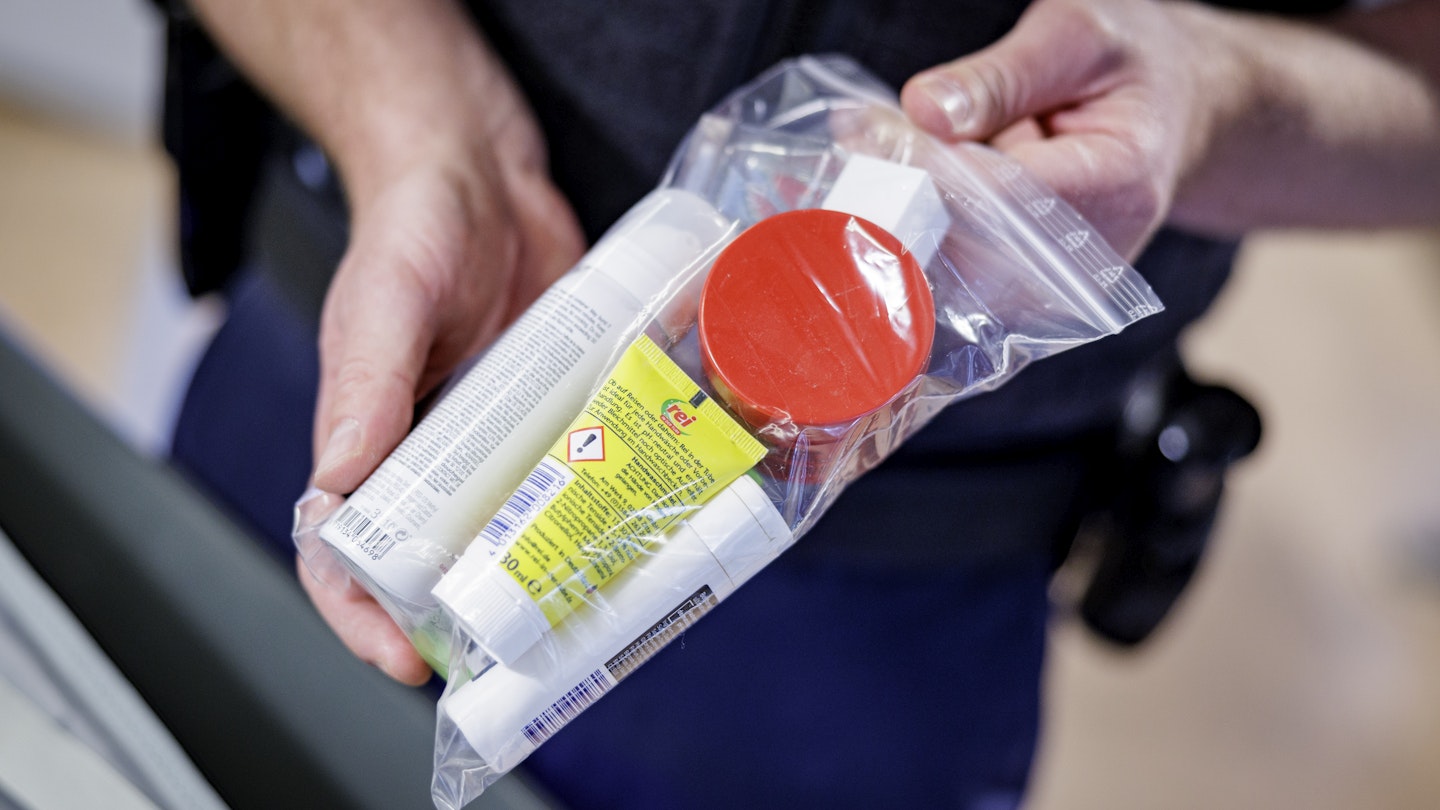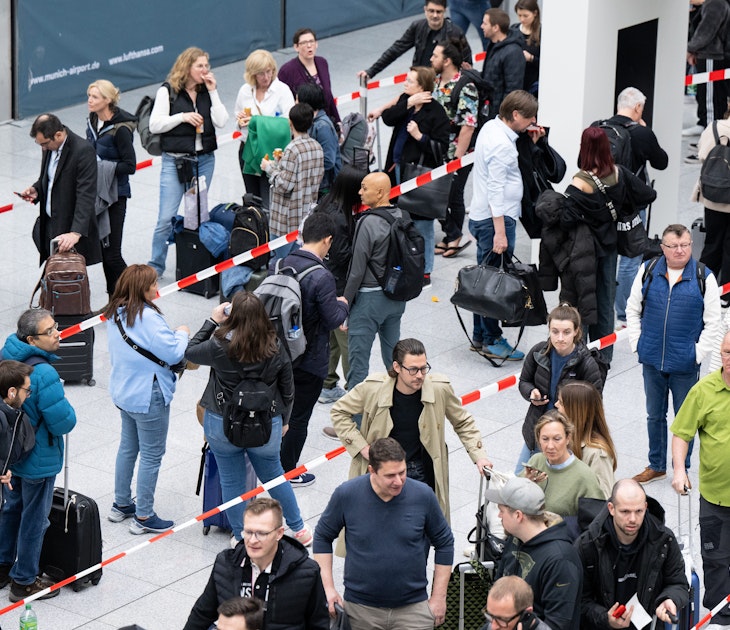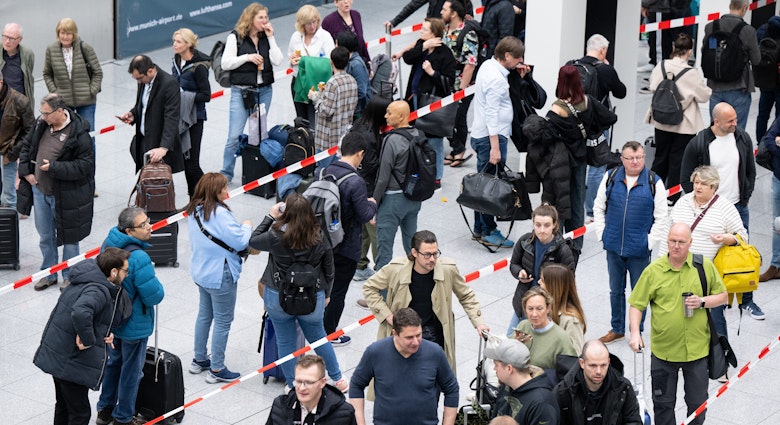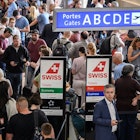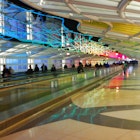Placing all liquids in a tiny see-through bag and leaving behind any over 100ml is a necessary facet of passing through airport security — but it's one that most travelers find incredibly annoying. Fortunately, it will soon be a thing of the past in the United Kingdom as they begin phasing out restrictions on liquids and devices in airports.
The British government is making it mandatory for airports to implement new technology by mid-2024 to eliminate the need for passengers to remove liquids, gels, aerosols, and electronics like laptops from their carry-on bags while passing through security.
"The tiny toiletry has become a staple of airport security checkpoints, but that’s all set to change," said Transport Secretary Mark Harper. "By 2024, major airports across the UK will have the latest security tech installed, reducing queuing times, improving the passenger experience, and most importantly detecting potential threats."
Phased out restrictions
Passengers are currently required to remove tablets, laptops and liquids from their cabin baggage, while liquids have been limited to 100ml and must be sealed in a clear, plastic bag. This requirement will be phased out, and the 100ml liquid container limit will be extended to 2 liters.
London's Heathrow and Gatwick airports have already invested in computerized tomography equipment similar to CT scanners used in hospitals. It will provide a detailed picture of a bag's contents and allow images to be visually rotated and dissected, thus giving a clear picture of what the passenger is bringing through security.
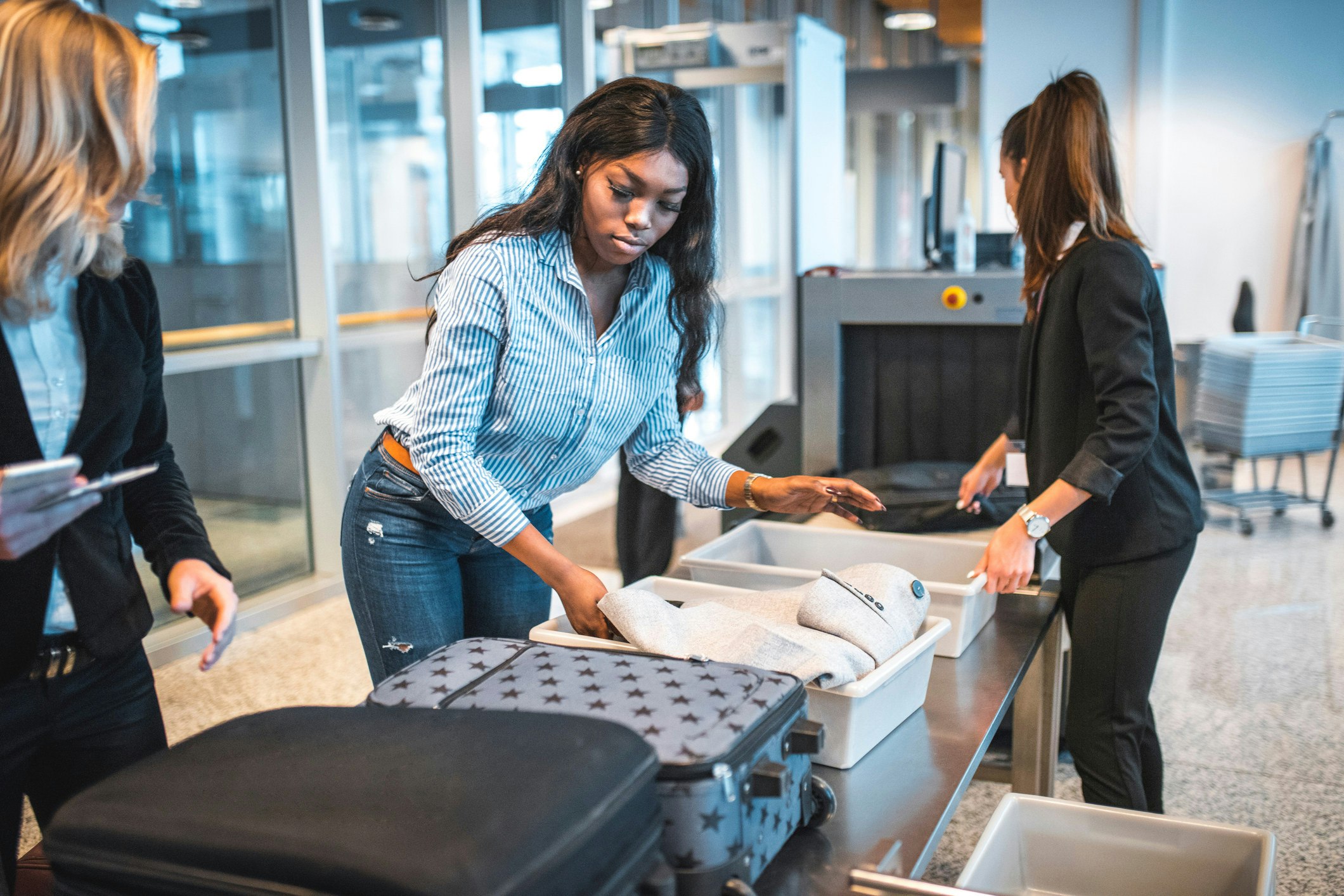
Fewer delays
"We can detect what liquid is inside a bottle, we can look inside a laptop and see whether it has any dangerous devices inside it, and that allows us to have a much higher level of security on the plane," says John Holland-Kaye, CEO of Heathrow airport.
This will mean an end to having to bin the bottle of perfume you forgot about or forego the bottle of water you purchased but didn't have time to finish. It will also bring to a welcome end the practice of having to shoehorn your toiletries and cosmetics into a tiny plastic bag.
Passengers forgetting to remove banned liquids from their carry-on luggage is one of the biggest causes of delays. It's estimated that the new technology will make clearing security 50 to 60 times faster, which is good news for those racing to catch a flight.
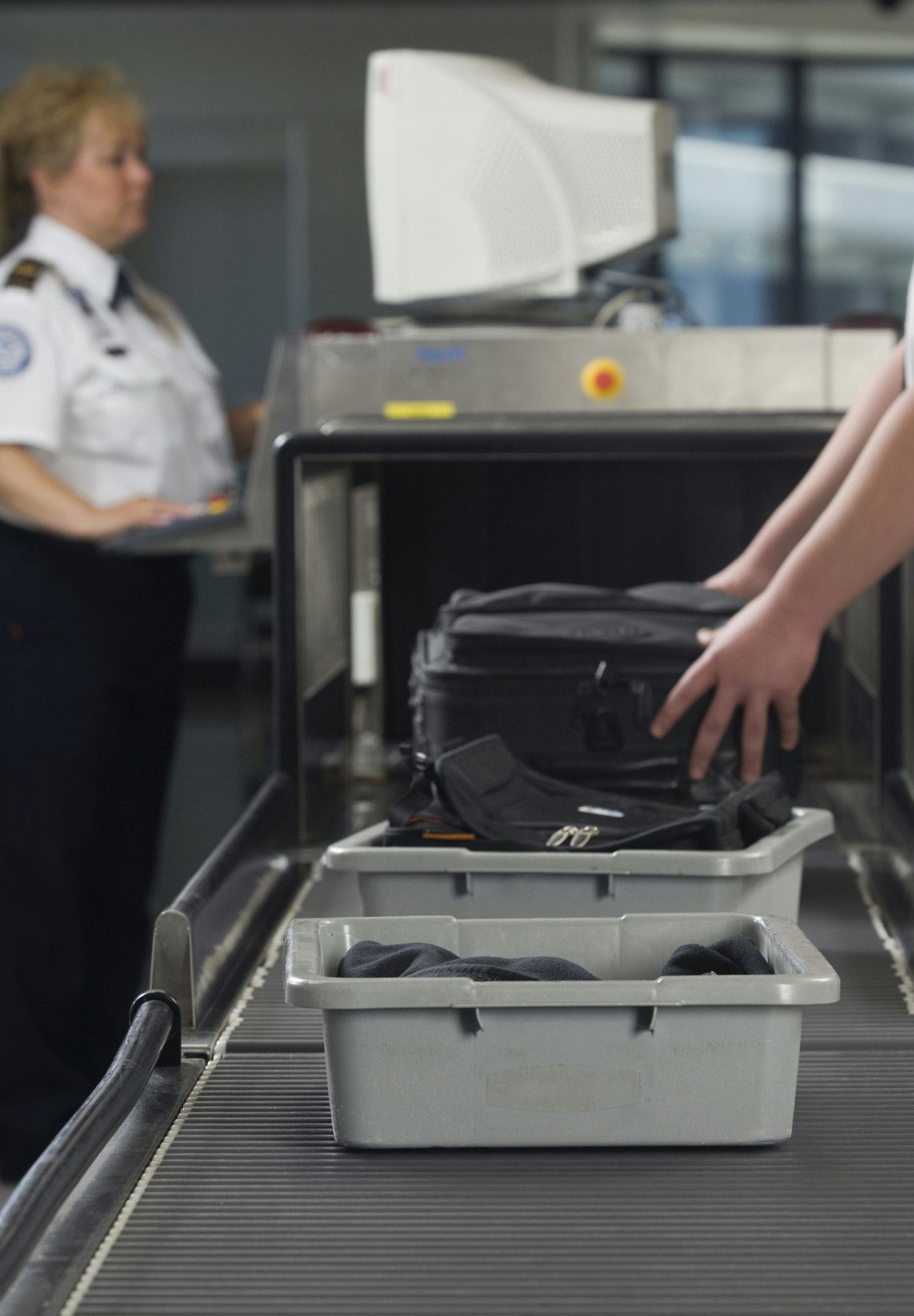
Improved security
While devices and liquids will no longer have to be separately presented, the technology will improve onboard security by accurately detecting suspicious items. Heathrow has already invested millions in the equipment, and the government expects other UK airports to absorb the cost of the new equipment, which is believed to be around five to ten times more expensive than current high-end X-ray scanners.
What other airports have scrapped 100ml liquid rule?
CT technology is currently in use at some airports in Europe, including Ireland's Shannon Airport and Amsterdam's Schiphol airport. Dublin and Cork airports in Ireland are expected to have the same technology within the next year or so too.
Within the European Union, passengers can bring liquids purchased from any airport or airline as hand luggage as long as the item and the receipt remain sealed inside the bag.

